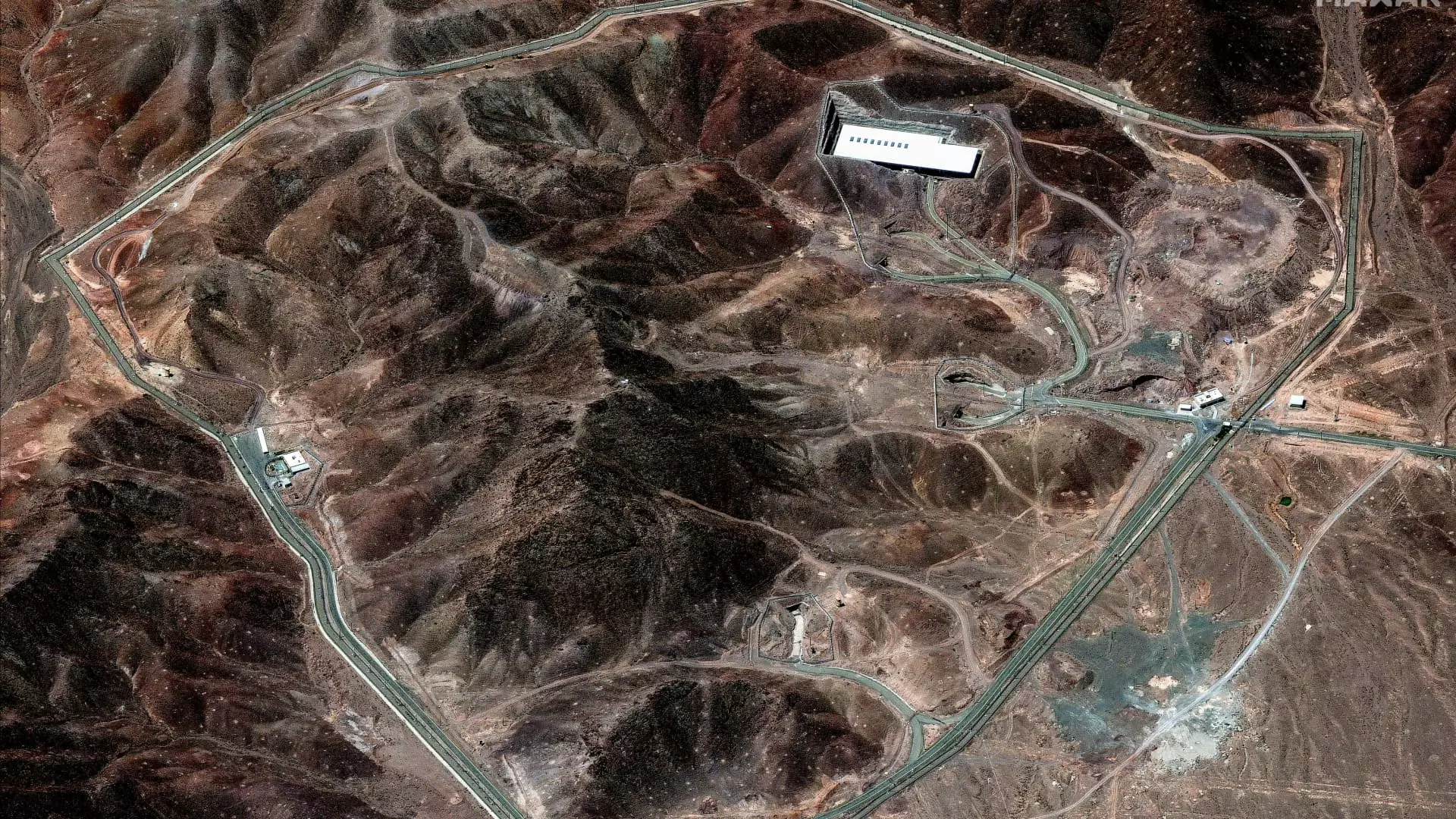When it comes to military action, there is a fine line between strategy and showmanship. President Donald Trump’s recent pronouncement claiming “obliteration” of Iranian nuclear sites exemplifies a reckless bravado that may have dire consequences not only for U.S.-Iran relations but also for global stability. The incidents unfolded on a Sunday, with Trump taking to Truth Social to amplify the destruction inflicted by U.S. airstrikes on Iranian nuclear facilities, and labeling the damage as “monumental.” This language is not merely hyperbolic; it embodies a dangerous mindset that conflates military aggression with victorious rhetoric.
The President’s triumphal tone was echoed by Gen. Dan Caine, Chairman of the Joint Chiefs of Staff, who remarked on the “severe damage and destruction” inflicted on strategic sites like Fordo, Natanz, and Isfahan. However, he exercised caution, noting that definitive assessments of the damage would require time—a reality that Trump, in his characteristic impulsiveness, barely acknowledged. The initial assessments may suggest extensive harm, but they are merely the tip of the iceberg in a complex geopolitical chess game.
The Real Costs of “Precision” Warfare
One must question the concept of “precision munitions” as touting the success of the strikes. Secretary of Defense Pete Hegseth reiterated that all U.S. strikes hit their intended targets with desired effects. Yet, is this not just a perfunctory validation when countless lives, nations, and future relations hang in the balance? Given the ongoing uncertainties regarding Iran’s remaining nuclear capabilities—as highlighted by Caine’s vague assessments—how can we justify such actions? This is a potent example of how militaristic triumphalism can cloud rational debates about international diplomacy or human lives.
While some may revel in the idea of striking fear into adversaries through displays of military power, the long-term ramifications could be catastrophic. We stand on the precipice of fueling further animosity and possibly chronic warfare. Consider the possibility that much of the highly enriched uranium had already been relocated by Iran—indicating that they were prepared for such strikes. This preparation showcases the futility of aggressive posturing that reduces complex adversarial relationships to oversimplified notions of winner and loser.
Fool’s Gold of Battle Damage Assessment
Compounding the complexity, the term “Battle Damage Assessment” (BDA) emerges as a key player in determining the success of military operations. Yet, the urgency with which the Trump administration propagated claims of obliteration raises ethical questions about the dominance of military narratives over nuanced diplomatic discussions. The UN nuclear watchdog chief, Rafael Grossi, cautioned against premature conclusions regarding the damage, highlighting the unintended consequences of establishing a narrative that may not reflect reality.
In this context, it’s essential to scrutinize how military assessments are crafted. Many of these evaluations are made by a range of actors, from intelligence analysts to reconnaissance teams, who rely on satellite imagery and on-the-ground reports. However, the historical context tells us how easily these assessments can be manipulated to justify a narrative that contributes to further escalation rather than de-escalation.
The Manipulation of Fear and Influence
We find ourselves amid a perilous dance of military power, where rhetoric of obliteration mirrors the very fears that dictate foreign policy. By brandishing military might, Trump eclipses the multifaceted challenges posed by diplomacy, presenting a binary choice: compliance or destruction. The reality on the ground suggests that power plays seldom bring about long-lasting peace; they often cultivate cycles of retaliation and suffering.
Moreover, the exaggerated claims promise to rally a certain demographic within the country but risk alienating international allies and breeding distrust with adversaries. The certainty with which Trump and his administration articulated the success of the mission reveals the thin facade that hides a fragile geopolitical landscape, ripe for misunderstandings and miscalculations.
President Trump’s approach to the Iranian nuclear threat and the rhetoric that surrounds military engagements challenge our moral compass and invite us to re-examine the very foundations of American foreign policy. We cannot afford to slip into the seductive embrace of militaristic bravado without acknowledging the profound implications it carries, both for the present and the future. The consequences of “Operation Midnight Hammer” may echo through history, serving as a stark reminder of the thin veil separating victory from disaster.


Leave a Reply